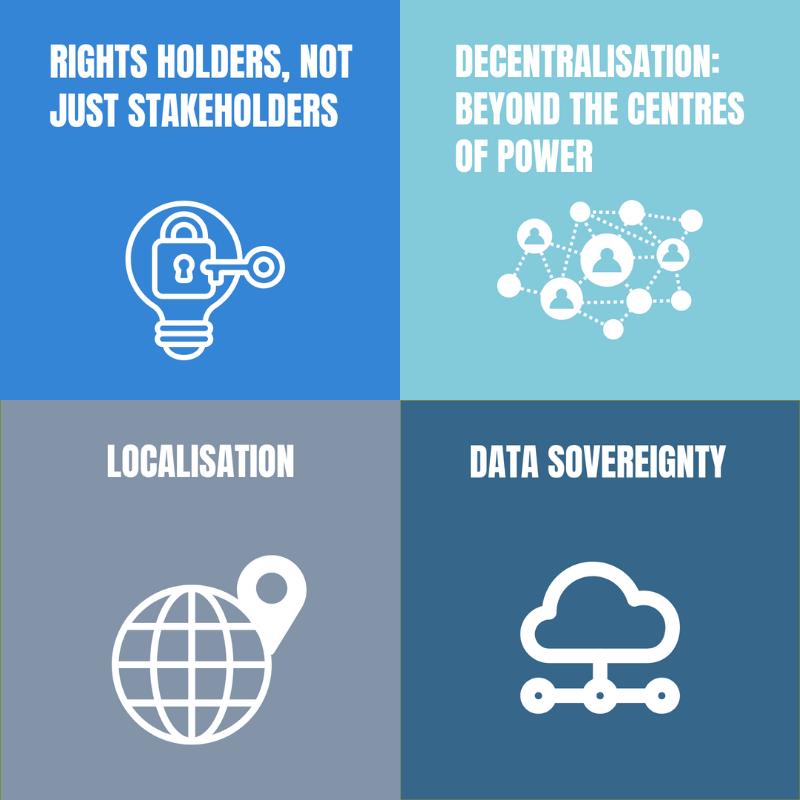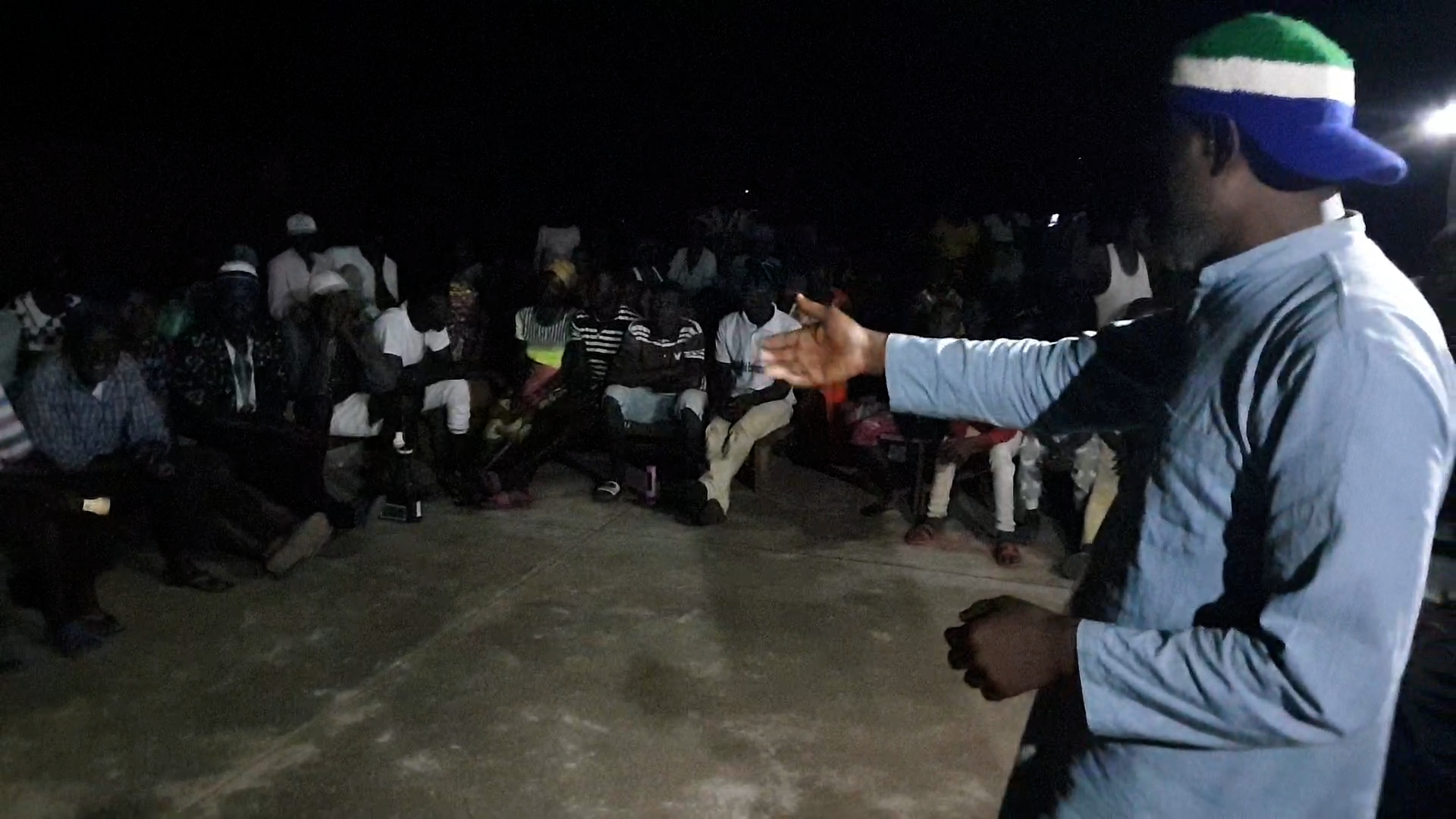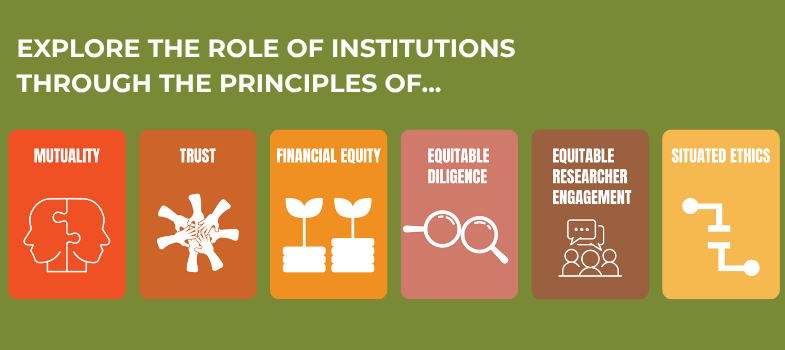Applying a community lens
A lot has been written about participatory research with communities and how to do this equitably. However, again, attention tends to be on how the research team should be fairer in their workings with the people and communities they are researching.
All of the projects shown in the gallery involved participatory, arts-based and decolonial methodologies that are, by design, intended to be inclusive and community centred. So, how the project teams in the gallery engaged more fairly and openly with communities is part of the content. However, community dynamics has a deeper more analytical role in the course. Many of the institutional problems encountered came up because of working closely with the communities. Real equity in research, therefore, requires an understanding that communities hold valuable knowledge, experiences and practices that can shed light on, and address, the inequality caused by institutions. The course uses four different categories of community-centred researching that, collectively, provide a lens through which to examine institutional inequity. They are:
-
Rights Holders, Not Just Stakeholders – recognising the communities' inherent claim as holders of rights to their knowledge. This involves recognising them in decision-making processes and compensating them fairly for sharing it.
-
Decentralisation: Beyond the Centres of Power – looking to knowledge outside of capitals and major urban areas to increase diversity of voice in research discussions.
-
Localisation – embracing the diversity that exists within and across local contexts.
-
Data Sovereignty - upholding the principle of community-owned knowledge, ensuring that data collected within local contexts remains under the control of those groups.

As you work your way through the gallery, you will see these four facets of community equity woven through the individual exhibits.

This image comes from the Sierra Leone project on DEPA where a range of arts methods were used, including traditional storytelling. Culturally in the part of the country where the work took place, storytelling is a communal practice. This meant the entire village attended the research activities, which presents challenges to UK university ethics protocols around informed consent and anonymity. However, the University's HREC (Human Research Ethics Committee) were open to discussing and adapting the protocols so that ethics needs were met in a way that respected cultural expectations and practices.
